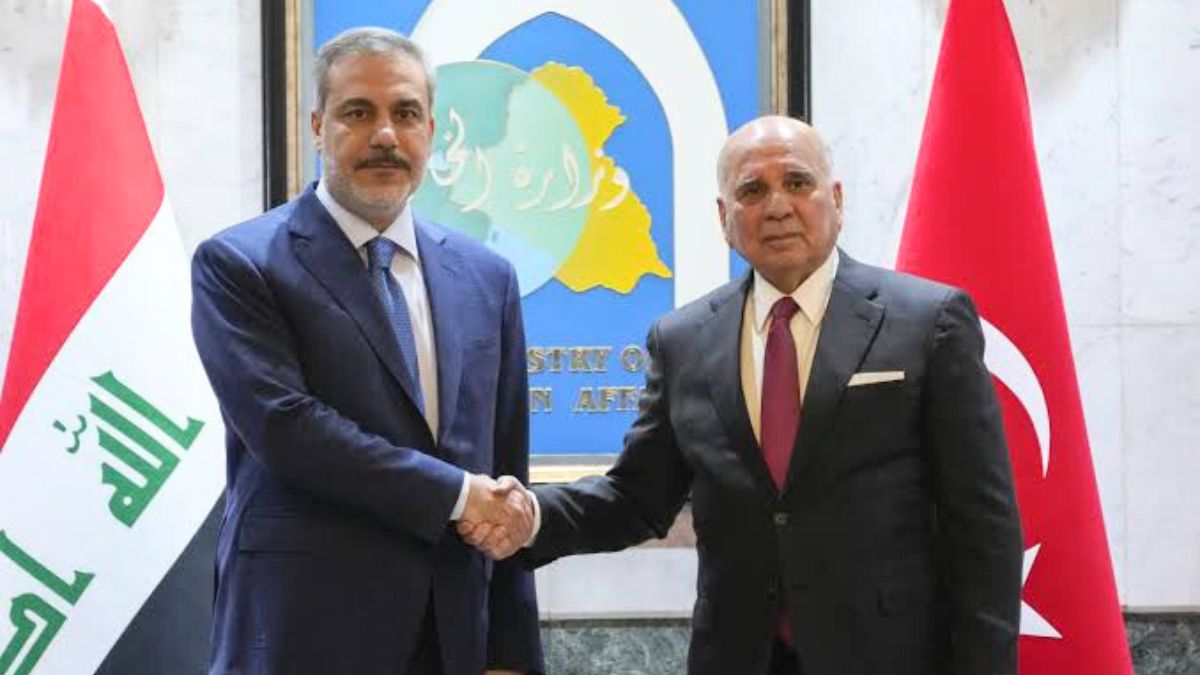Iraq’s Ministry of Migration and Displaced Persons revealed that approximately 18,000 Iraqi nationals are currently residing in the al-Hol camp, a facility in northeast Syria notorious for housing individuals linked to ISIS. The camp has become a focal point of humanitarian concern due to its conditions and the complex background of its inhabitants.
The al-Hol camp, located in the Hasakah province, has garnered global attention for its large population of women and children who are suspected of having connections to ISIS. The Iraqi government has been actively engaged in repatriating its citizens from the camp as part of a broader effort to address the situation and mitigate security risks.
Efforts to repatriate Iraqis from al-Hol have faced numerous challenges, including logistical hurdles, security concerns, and the need for comprehensive screening processes to ensure the safe reintegration of returnees. The Iraqi government’s initiative aims to provide a resolution for the individuals in the camp while addressing broader concerns related to terrorism and radicalization.
The Ministry of Migration and Displaced Persons has been working closely with international organizations and local authorities to facilitate the repatriation process. The goal is to ensure that returning individuals are provided with necessary support services and are reintegrated into society effectively. However, the scale of the repatriation effort highlights ongoing complexities related to security, humanitarian aid, and regional cooperation.
The situation in al-Hol remains fluid, and continued international support and collaboration are crucial to addressing the needs of the displaced populations and ensuring a sustainable resolution to the challenges posed by the camp’s demographics and conditions.

